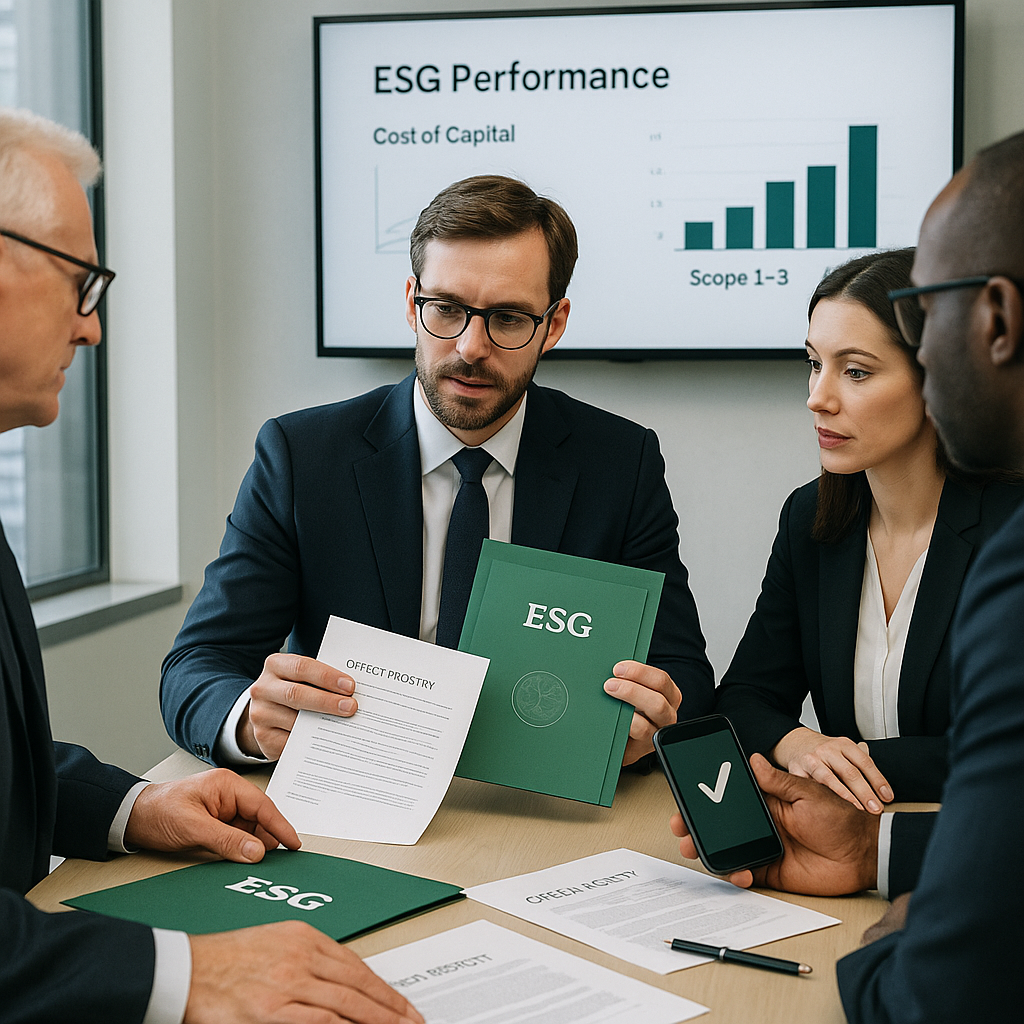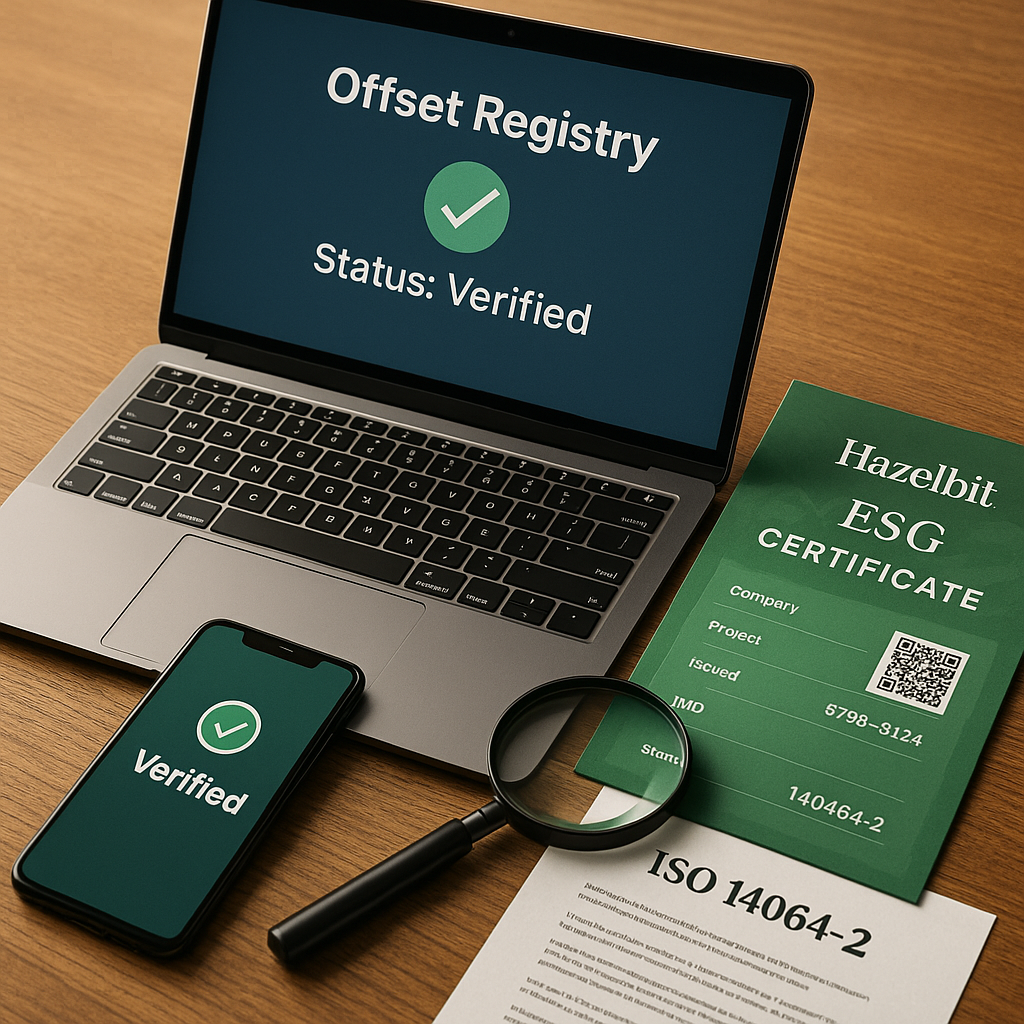Over the past year, European regulators have shifted decisively from declarations to verifiable reductions and systematic compensation of residual emissions. At the center is CSRD, which requires companies to disclose qualitative and quantitative Scope 1–3 data, set targets and show progress, and have the information assured by an external auditor. In parallel, new rules for environmental claims mean any "green" statement must be verifiable and traceable. Operationally, standards such as ISO 14064-1/2 are in demand: the former describes auditable greenhouse-gas accounting systems, the latter—project-level offset principles and units.
For business, the risk profile is changing: penalties for greenwashing, reduced access to public procurement, and tighter lending conditions. The opportunity profile is changing too: clients request CO₂ data in tenders, marketplaces add eco-labels, investors lower the cost of capital for companies with transparent ESG strategies. In this logic, compensation stops being a "good deed" and becomes an operational necessity: it closes residual emissions after efficiency measures, converts obligations into measurable units, and integrates neatly into reporting.
Building Readiness: Data and Trust
Two things build readiness: data and trust. Data means granular inventories and automated source-level calculations; trust means end-to-end traceability of each offset unit—from planting or a specific project to the financial transaction. That is why companies seek solutions with a digital backbone: APIs for accounting, GPS/photo verification, and an immutable registry that records ownership and prevents double counting.
When a platform provides this transparency, compensation aligns naturally with CSRD processes, speeds up assurance, and removes regulatory friction. In practice, ecosystems that combine agri-tech, robust verification, and proof of ownership win—which is why Europe is gravitating toward solutions in the Hazelbit class, where each tree is a measurable contribution and each certificate is an asset with a history.
Integration with Finance Systems
The finishing touch is integrating compensation data into finance systems: obligations become manageable assets, and CSRD compliance stops being a cost center and starts working for reputation and access to capital.


